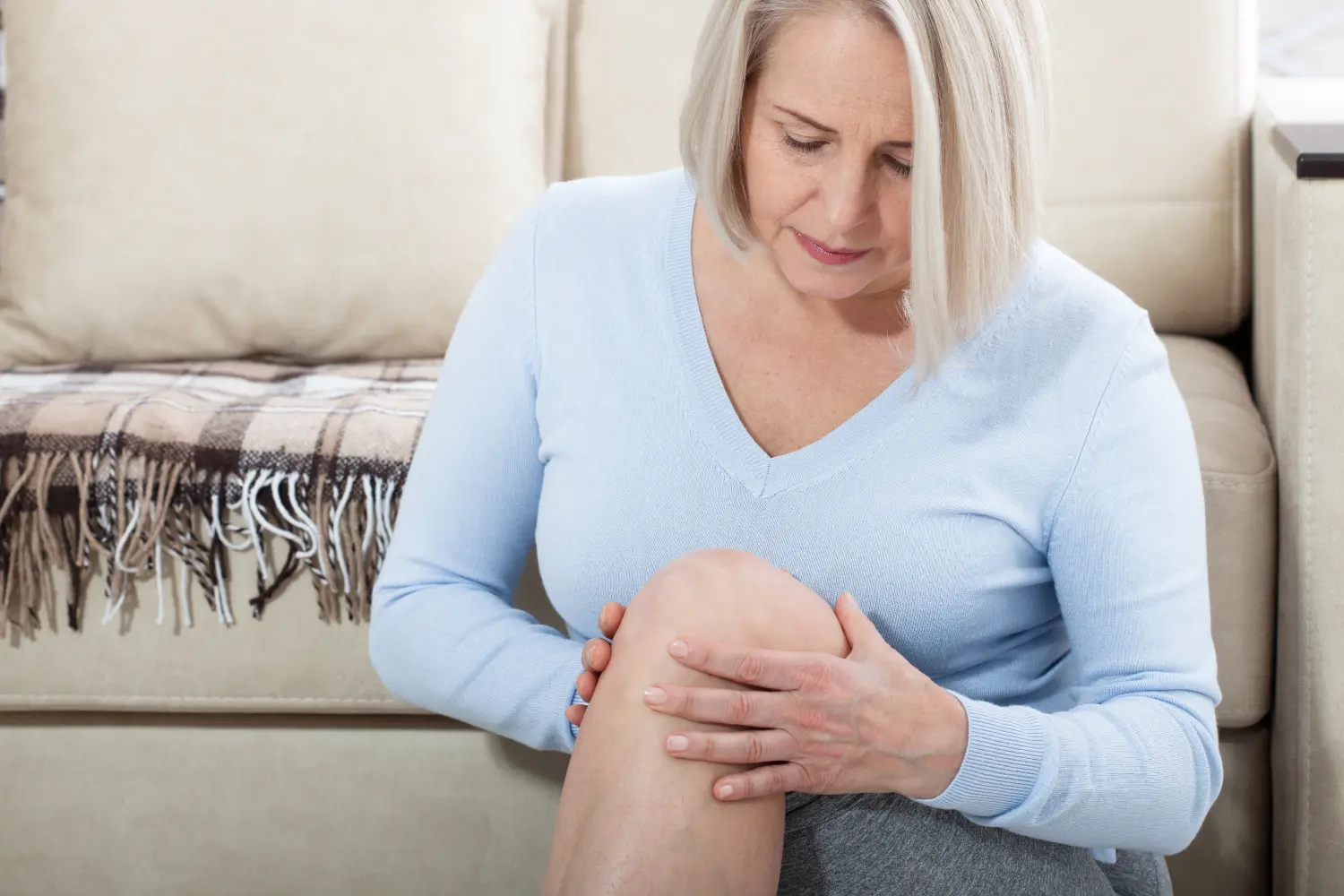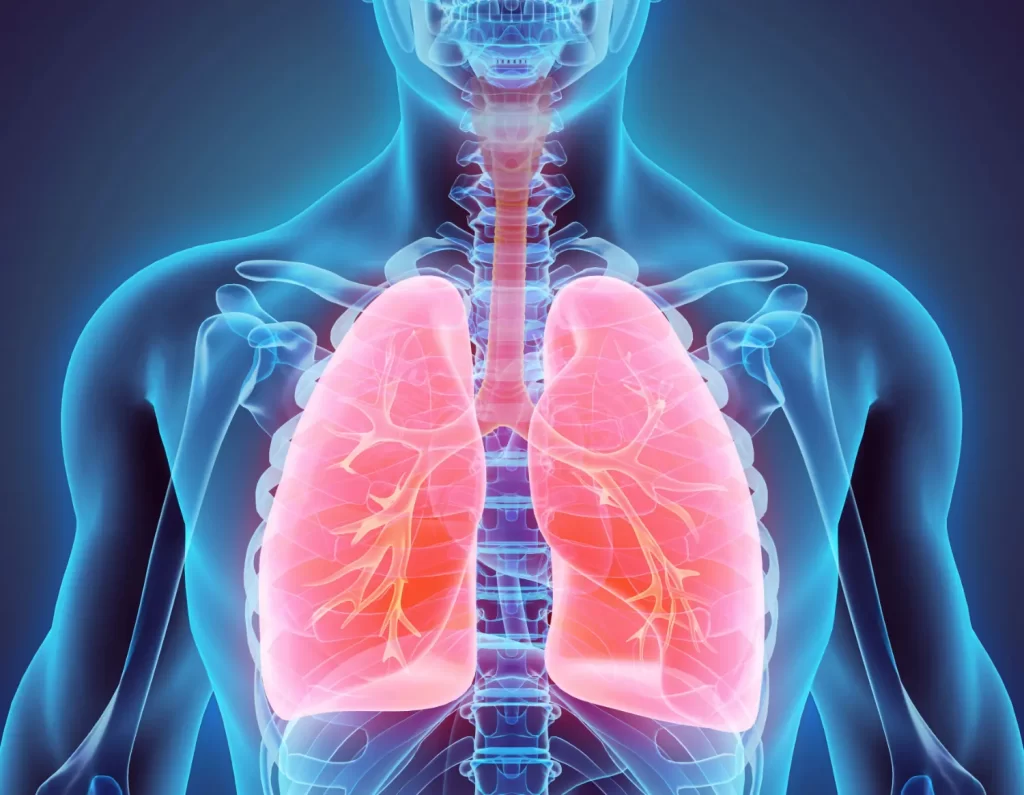 Menopause brings significant changes to a woman's body, often leading to weight gain, mood swings, joint pain, and disrupted sleep. Finding an enjoyable and sustainable way to stay active is crucial for managing these symptoms and maintaining overall well-being.
Cycling is an excellent low-impact exercise that can help menopausal women stay fit, improve their mood, and protect their heart and bones. Whether you're looking to reduce stress, boost energy levels, or maintain muscle strength, cycling offers a holistic approach to navigating this stage of life with confidence.
Menopause brings significant changes to a woman's body, often leading to weight gain, mood swings, joint pain, and disrupted sleep. Finding an enjoyable and sustainable way to stay active is crucial for managing these symptoms and maintaining overall well-being.
Cycling is an excellent low-impact exercise that can help menopausal women stay fit, improve their mood, and protect their heart and bones. Whether you're looking to reduce stress, boost energy levels, or maintain muscle strength, cycling offers a holistic approach to navigating this stage of life with confidence.

 Menopause is a natural transition in a woman’s life, but it comes with challenges, especially when it comes to staying active. Fluctuating hormones, fatigue, joint pain, and changes in metabolism can make exercise feel more difficult than before.
However, staying active during menopause is one of the best ways to manage symptoms, maintain a healthy weight, and improve overall well-being. With the right approach, movement can become an energizing and enjoyable part of daily life.
Menopause is a natural transition in a woman’s life, but it comes with challenges, especially when it comes to staying active. Fluctuating hormones, fatigue, joint pain, and changes in metabolism can make exercise feel more difficult than before.
However, staying active during menopause is one of the best ways to manage symptoms, maintain a healthy weight, and improve overall well-being. With the right approach, movement can become an energizing and enjoyable part of daily life.

 Menopause is a significant life transition, but it often comes with unwanted symptoms like fatigue, weight gain, joint pain, and mood swings. While these changes can feel overwhelming, an enjoyable and effective solution exists, dancing!
Dancing can be a fun and powerful way to support physical health, mental well-being, and emotional balance during menopause. By incorporating movement into daily life, women can experience reduced stress, improved strength, and a sense of vitality.
Menopause is a significant life transition, but it often comes with unwanted symptoms like fatigue, weight gain, joint pain, and mood swings. While these changes can feel overwhelming, an enjoyable and effective solution exists, dancing!
Dancing can be a fun and powerful way to support physical health, mental well-being, and emotional balance during menopause. By incorporating movement into daily life, women can experience reduced stress, improved strength, and a sense of vitality.

 Menopause is a natural transition, but it can bring significant stress due to hormonal shifts and physical changes.
Fluctuating estrogen levels, sleep disturbances, and mood swings can make everyday life feel overwhelming. The good news? With the right lifestyle adjustments and natural strategies, you can reduce menopause-related stress and regain balance.
Menopause is a natural transition, but it can bring significant stress due to hormonal shifts and physical changes.
Fluctuating estrogen levels, sleep disturbances, and mood swings can make everyday life feel overwhelming. The good news? With the right lifestyle adjustments and natural strategies, you can reduce menopause-related stress and regain balance.

 Are you experiencing joint pain during menopause? That can be extremely frustrating and disruptive to your daily life. Many menopausal women experience increased stiffness, inflammation, and discomfort in their joints.
For those who prefer to manage menopause symptoms naturally, there are plenty of holistic remedies that can provide relief without relying on medications. From dietary changes to herbal supplements and lifestyle adjustments, natural solutions can help restore mobility and comfort.
Are you experiencing joint pain during menopause? That can be extremely frustrating and disruptive to your daily life. Many menopausal women experience increased stiffness, inflammation, and discomfort in their joints.
For those who prefer to manage menopause symptoms naturally, there are plenty of holistic remedies that can provide relief without relying on medications. From dietary changes to herbal supplements and lifestyle adjustments, natural solutions can help restore mobility and comfort.

 Postmenopause often brings fatigue, brain fog, and a noticeable dip in motivation. While these changes are common, they don’t have to define your daily life.
Improving energy post-menopause is possible with the right combination of nutrition, lifestyle habits, and targeted treatments. By understanding what’s happening inside your body, you can make choices that restore vitality and keep you feeling your best.
Postmenopause often brings fatigue, brain fog, and a noticeable dip in motivation. While these changes are common, they don’t have to define your daily life.
Improving energy post-menopause is possible with the right combination of nutrition, lifestyle habits, and targeted treatments. By understanding what’s happening inside your body, you can make choices that restore vitality and keep you feeling your best.

 Menopause brings many changes to a woman’s body, and bone health is one of the most critical concerns.
As hormone levels decline, the body’s ability to absorb calcium decreases, putting women at a higher risk for osteoporosis, fractures, and weakened bones. But calcium isn’t just about bones; it also plays a crucial role in muscle function, heart health, and nerve signaling. Ensuring adequate calcium intake during menopause can help maintain overall well-being and long-term health.
Menopause brings many changes to a woman’s body, and bone health is one of the most critical concerns.
As hormone levels decline, the body’s ability to absorb calcium decreases, putting women at a higher risk for osteoporosis, fractures, and weakened bones. But calcium isn’t just about bones; it also plays a crucial role in muscle function, heart health, and nerve signaling. Ensuring adequate calcium intake during menopause can help maintain overall well-being and long-term health.

 Menopause brings a wave of changes, but one often overlooked area is lung health. Many women experience unexpected respiratory issues like breathlessness, increased asthma symptoms, or a greater risk of lung disease. These changes can be subtle yet impactful, making it essential to support lung function through lifestyle choices, nutrition, and targeted wellness strategies.
Menopause brings a wave of changes, but one often overlooked area is lung health. Many women experience unexpected respiratory issues like breathlessness, increased asthma symptoms, or a greater risk of lung disease. These changes can be subtle yet impactful, making it essential to support lung function through lifestyle choices, nutrition, and targeted wellness strategies.

 Menopause brings many changes to the body, and one of the most common, and frustrating, is skin dryness.
During menopause, the skin loses moisture, elasticity, and its ability to retain hydration, leading to dryness, irritation, and fine lines. But with the right skincare routine, hydration strategies, and lifestyle adjustments, you can keep your skin feeling soft and nourished.
Menopause brings many changes to the body, and one of the most common, and frustrating, is skin dryness.
During menopause, the skin loses moisture, elasticity, and its ability to retain hydration, leading to dryness, irritation, and fine lines. But with the right skincare routine, hydration strategies, and lifestyle adjustments, you can keep your skin feeling soft and nourished.

 Menopause brings significant hormonal changes that can make maintaining a healthy diet challenging. From increased cravings to a slower metabolism, many women struggle to stay consistent with their eating habits during this transition.
The good news is that with the right strategies, you can build a balanced approach to nutrition that supports your body and helps you feel your best. Let’s see how to make healthy eating a sustainable part of your lifestyle, without feeling restricted or overwhelmed.
Menopause brings significant hormonal changes that can make maintaining a healthy diet challenging. From increased cravings to a slower metabolism, many women struggle to stay consistent with their eating habits during this transition.
The good news is that with the right strategies, you can build a balanced approach to nutrition that supports your body and helps you feel your best. Let’s see how to make healthy eating a sustainable part of your lifestyle, without feeling restricted or overwhelmed.

Related Articles
* These statements have not been evaluated by the Food and Drug Administration. This product is not intended to diagnose, treat, cure or prevent any disease.